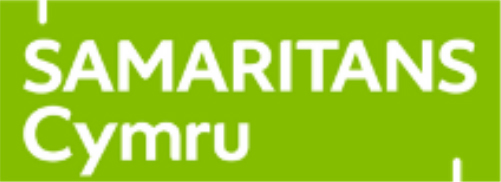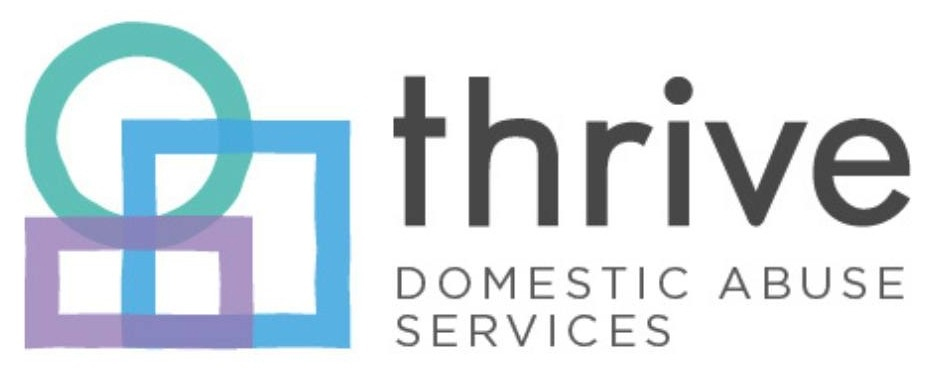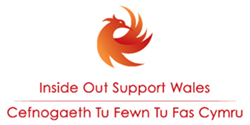Trustees Fund Projects Supported

Samaritans exists to prevent suicide. Their network of branches across Wales brings together hundreds of volunteers who contribute to the UK helpline, ensuring anybody who is struggling can reach them 24/7, year-round. This vital service is in huge and constant demand, with Samaritans Listeners answering 3 million calls a year, providing a human connection and a compassionate, skilled listening service that saves lives.
In addition to the helpline and online chat service, Samaritans Cymru volunteers support prison listener schemes in every Welsh prison, training inmates to provide an in-prison peer support listening service. They work with the rail industry to prevent suicides and support staff affected by incidents on the rail infrastructure across Wales. Their branches and volunteers also provide outreach services in their local communities – maintaining a regular presence in places and situations where they know suicide risk is high.
The Waterloo Foundation grant support has played a vital role in enabling Samaritans Cymru to establish and develop their distinct offer in Wales. Funding for the Community Development project has enabled them to play a full role in Regional Suicide Prevention forums and to engage fully in high-risk location groups across Wales, providing expert advice to prevent suicides. This project has created the capacity for Samaritans Cymru to create new partnerships with organisations supporting those most at risk, such as food banks, Job Centres and Housing Associations. The role is also critical in enabling coordination of their branch outreach activity, ensuring volunteer time is focused where risk is highest and the opportunity to prevent suicides greatest.
TWF funding also supported the creation of the South Wales Valleys Outreach hub – a new model of Samaritans service that focuses entirely on delivering in-person support to people at risk across the South Wales Valleys. The hub has innovated in delivering life-saving support in locations such as Police custody suites and hospitals, proving concepts and a structured approach to outreach provision that have since been adopted by other Welsh branches. TWF support for the EDI project also informed and improved Samaritans practice across the UK, with the findings from this research shaping charity-wide strategy on EDI and lived experience.

Thrive Domestic Abuse Services is a charity dedicated to supporting individuals and families affected by domestic abuse. Thrive provides safe, confidential support through emergency shelter, crisis intervention, counselling, advocacy and outreach programmes. Thrive’s mission is to empower survivors, promote healing and work towards a future free from violence.
Everyone deserves safety, dignity and the opportunity to rebuild their lives.
From 2024-2025, Thrive received 1079 referrals across all services, which was approximately a 28% increase from the previous year’s figures, this highlights the growing need for specialist support services in Neath Port Talbot.
With the Waterloo Foundation’s grant funding, Thrive have been able to dedicate resources towards a range of therapeutic and support programmes designed to help children and young people recover from the impact of domestic abuse. These initiatives focus on emotional wellbeing, relationship building and resilience, providing both group and individual support tailored to age and need.
The initiatives that TWF helped fund include the STAR (Safety, Trust and Respect) Programme, which offers 8-week group sessions for children aged 4–11 and their parents to rebuild relationships, understand the impact of abuse, and develop healthy emotional expression. The funding also supported the Recovery Toolkit, a 10-week course for young people and adults focused on managing negative thinking, building resilience, and restoring confidence. In addition, Thrive DAS were able to provide one-to-one support for children and young people aged 5–18, offering tailored help around confidence, self-esteem, anger, safety and emotional regulation, ensuring families receive the targeted support they need to heal and move forward.

Since its inception in 2019, Inside Out Support Wales (IOSW) has delivered programmes that help people with convictions rebuild their lives through education, employment and enterprise. Its flagship Brighter Pathways Mentoring programme offers one-to-one, peer-led support focused on confidence-building, goal-setting and overcoming barriers such as a lack of opportunity, or access to employment or volunteering opportunities. Alongside mentoring, IOSW provides training for employers, local authorities and other service providers on inclusive recruitment and trauma-informed practice. IOSW also offers lived-experience consultancy to help organisations design fairer, more accessible services for people with convictions.
The impact of IOSW’s work is seen in improved access to jobs, education and self-employment for participants, as well as in shifting public and institutional attitudes toward people with convictions. By combining personal mentoring with organisational training and advocacy, IOSW not only supports individuals to reintegrate successfully but also promotes systemic change: reducing reoffending risk, fostering inclusion and helping people build purposeful, independent futures.
With support from the Waterloo Foundation, IOSW has been able to offer a range of vital and important support for its participants. Funding from TWF at an early stage helped IOSW to create a range of blended support for prison leavers, both in person and virtual, to help support men and women being released into the community. This led to the development of a criminal justice lived experience mentoring programme for prison leavers, providing much-needed guidance to individuals both inside and outside prison.
Support from the Foundation has also enabled IOSW to employ a Development Worker, which has been integral in increasing IOSW’s presence in Welsh prisons.
Additional support from the Foundation includes the creation and development of a series of Voices of Experience films, to capture the stories of those who had successfully rebuilt their lives post-prison. The series was launched by the Welsh Government’s Cabinet Secretary for Social Justice, recognising the importance of this work nationally. IOSW is incredibly grateful for the support received from the Waterloo Foundation as it has been a key supporter in helping to underpin its key mission which is to reduce reoffending across Wales.

St Giles is a national criminal justice charity supporting individuals to build a better future for themselves and their families through support, advice and training. Since 2011, the Waterloo Foundation has been a funding partner of St Giles in Wales to provide tailored and person-centred support to some of Wales’ most vulnerable people.
Their work in Wales addresses the need for holistic, inclusive services that reach people coping with multiple, intersecting challenges – bridging gaps between welfare, skills, community and justice sectors so that marginalised individuals are not left behind. By employing people with lived experience of disadvantage, St Giles Trust brings credibility, empathy and practical insight into the support it offers, aiming not just to relieve immediate need but build lasting positive futures.
The funding provided by the Waterloo Foundation for the ‘Children and Families Project’ in South Wales enabled St Giles to directly support multiple families experiencing complex disadvantage by providing intensive 1:1 case working and advocacy to help improve the lives and circumstances of families and their children. Through this project a range of issues were addressed such as housing, benefits, social services involvement, criminal justice involvement and wellbeing and safety.
With the grant received from the Waterloo Foundation towards their Colwyn Bay food Pantri in March 2025, St Giles have been able to facilitate a weekly food shop for 54 families in food poverty. As well as providing healthy and nutritious food Y Pantri provides wrap around support, training and general advice and guidance on a range of issues. It also facilitates volunteering opportunities and is run completely by staff with lived experience of poverty. The focus is on improving wellbeing and confidence which enables visitors to make better and healthier lifestyle choices. Without funding from the Waterloo Foundation this year St Giles would not have been able to continue running Y Pantri which has such a huge impact on local people struggling with poverty.
